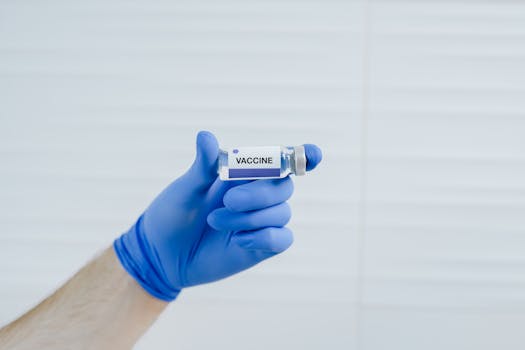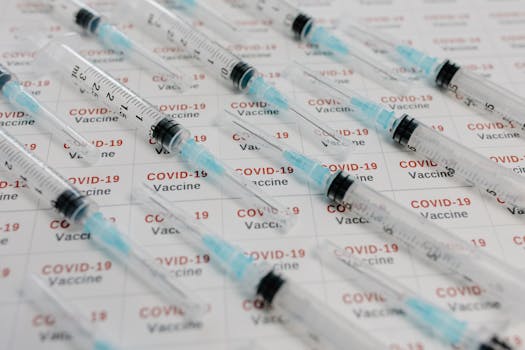
Introduction

The science behind vaccines and public health is a crucial field that impacts the well-being of communities worldwide. Vaccines work by stimulating the immune system to recognize and fight pathogens, thereby preventing disease. This article delves into how vaccines contribute to public health and the scientific principles that underpin their development and implementation.
The Mechanism of Vaccines

Vaccines function by introducing a harmless component of a pathogen, such as a protein or a piece of its genetic material, into the body. This exposure prompts the immune system to produce antibodies. If the vaccinated individual later encounters the actual pathogen, their immune system can swiftly recognize and combat the invader.
Types of Vaccines

There are several types of vaccines, including:
- Live attenuated vaccines: These contain a weakened form of the pathogen.
- Inactivated vaccines: These contain killed pathogens.
- Subunit, recombinant, or conjugate vaccines: These include pieces of the pathogen.
- mRNA vaccines: These provide instructions for cells to produce a protein that triggers an immune response.
The Role of Vaccines in Public Health

Vaccines play a pivotal role in public health by:
- Preventing outbreaks: High vaccination rates can lead to herd immunity, protecting those who cannot be vaccinated.
- Reducing healthcare costs: Preventing diseases reduces the burden on healthcare systems and lowers treatment costs.
- Improving quality of life: Vaccinations help maintain a healthy population, allowing individuals to lead productive lives.
The Global Impact of Vaccination Programs

Vaccination programs have led to a significant decrease in the incidence of various diseases. For instance, smallpox has been eradicated, and polio is nearing extinction due to global vaccination efforts. These successes highlight the importance of sustained vaccination initiatives and public support.
Conclusion

In conclusion, the science behind vaccines is a cornerstone of public health. By understanding how vaccines work and their benefits, we can appreciate their role in preventing diseases and promoting a healthier society. Ongoing research and commitment to vaccination programs are essential for maintaining public health and preventing future outbreaks.



